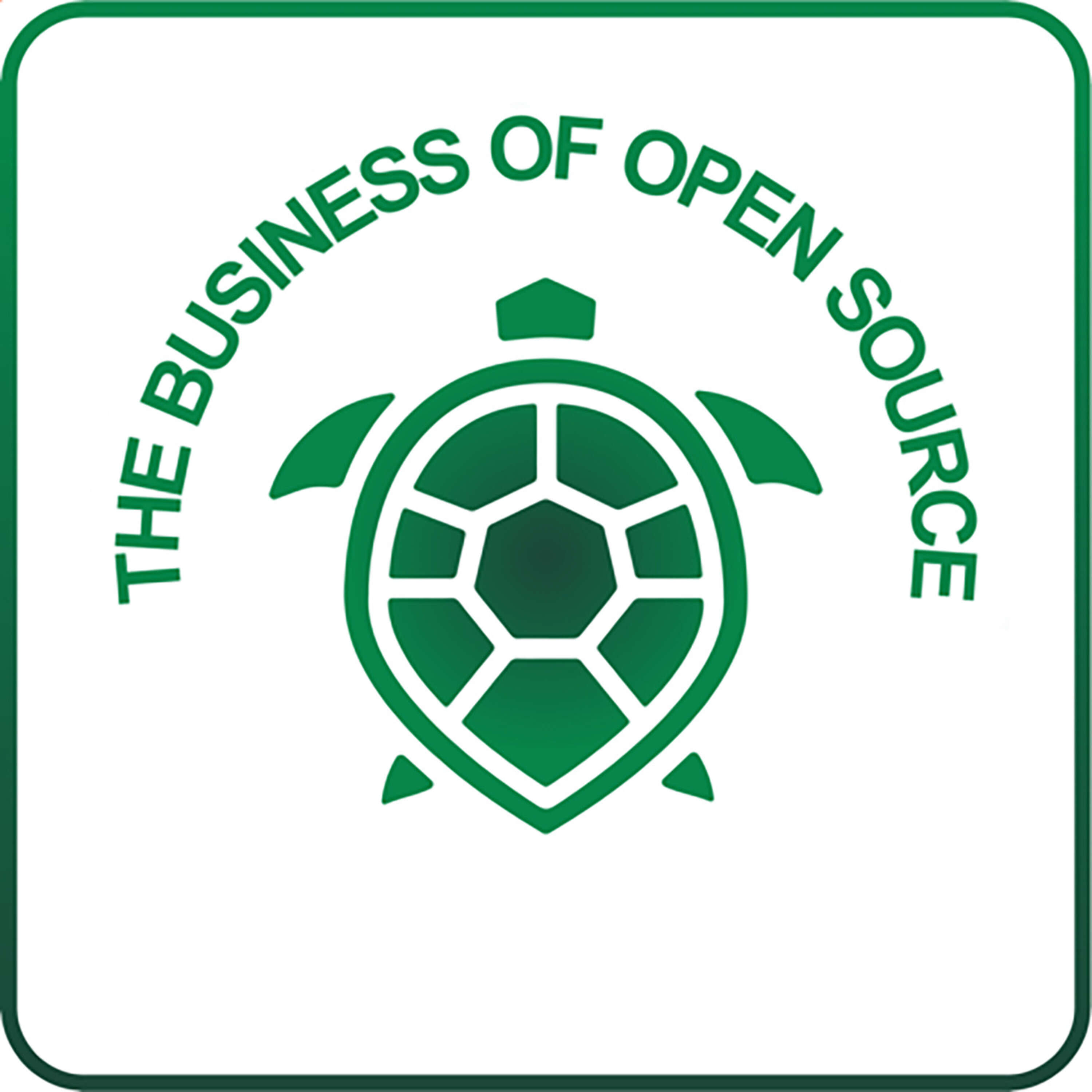Samuel Stroschein on the Challenges and Opportunities of Localization
Samuel Stroschein is the CEO and Founder of inlang, an open-source company that is looking to not only make localization easy for developers, but also to help companies achieve revenue growth through localization. I was particularly excited to talk to Samuel because, back in my way back past, I was a translator, so I’m always interested in solutions that exist to facilitate translation; but also because localizing software is a good example of the intersection between business problems and technical problems. Inlang also strikes me as a company that could see its primary market as developers, or could see its market as CMOs — because of the way localization is both a technical and business problem. And Samuel is clear about this: He says “What we're basically saying is if you want to make more money, you've got to localize.”Lastly, another thing that stuck out to me about our conversation was that, as we talked about Inlang’s future monetization strategy, Samuel said he thinks that it will likely be around services — which I hadn’t heard from anyone before. His reason: That the software will ultimately become commoditized. Listen in to learn why localization is such a challenge for developers, what impact it has on revenue growth, and how Samuel took inlang from an open-source project to an open-source company.Highlights: Samuel introduces himself, describes his background and explains what inlang is solving for (00:37) Why localization is such a challenge and how it led Samuel to create inlang (01:21) The circumstances that pushed Samuel to turn inlang into an open-source project (04:30) Why Samuel decided to take inlang from an open-source project to an open-source company (05:43) Samuel explains how localization is a growth opportunity, and how that impacts inlang’s market (09:00) The way Samuel and his team are thinking about monetizing inlang (13:22) Why being an open-source company is important to Samuel (15:15) The collaboration that open-source brings and why it’s so valuable to Samuel (19:00) How financial stability, problem-solving, and the nature of building software all contribute to the success of open source in tech (26:06) Samuel explains how he views mistakes as stepping stones to positive outcomes (28:41) The learnings that Samuel has gathered when hiring for inlang (30:13) How you can connect with Samuel and learn more about inlang (31:22) Links:Samuel LinkedIn: https://www.linkedin.com/in/samuelstroschein Twitter: https://twitter.com/samuelstros Company: https://inlang.com/

